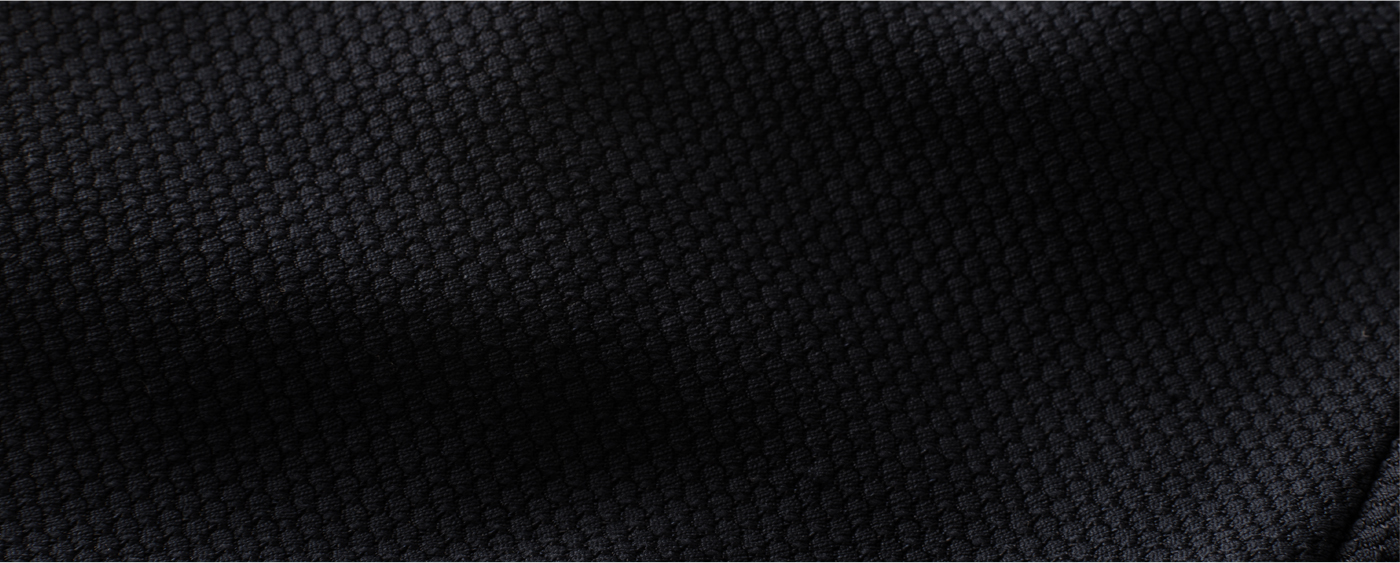- 8236 North 600 West McCordsville, IN 46055
Contact Info
- 8236 North 600 West McCordsville, IN 46055
- info@fabri-tech.com
Enhancing Industrial Efficiency with Custom Industrial Curtains
Created at : May 6, 2025Adaptability and efficiency are paramount in modern industries. Facilities often face the challenge of creating distinct work zones, maintaining environmental control, and ensuring employee safety, all within the confines of a single, expansive workspace. Custom industrial curtains have emerged as a practical and cost-effective solution to these challenges, offering a versatile alternative to permanent walls or rigid structures.
Unlike off-the-shelf partitions, custom industrial curtains are tailored to meet the specific demands of each facility. Whether a warehouse needs to separate different production lines, a welding shop must contain sparks and fumes, or a food processing area requires clean and controlled sections, these curtains provide an adaptable barrier that fits the unique dimensions and functional requirements of the space.
One of the primary benefits of custom industrial curtains is their ability to divide large areas into smaller, more manageable zones. This spatial flexibility enhances workflow by allowing simultaneous operations to occur without interference. For example, a single production floor can be sectioned into welding booths, assembly areas, and packaging stations, all operating independently yet within the same building.
Beyond space division, these curtains play a crucial role in environmental control. They help regulate temperature, reduce humidity transfer, and contain dust, debris, and odors. In environments where noise is a concern, acoustic versions of these curtains can significantly diminish sound transmission, creating a more comfortable and compliant workplace.
Safety is another critical aspect addressed by custom industrial curtains. Designed with heavy-duty materials such as vinyl, PVC, mesh, and fire-retardant fabrics, they provide robust protection against hazards like sparks, chemicals, and airborne particles. Some models incorporate clear vision panels, enabling supervisors to monitor operations while maintaining a physical barrier between zones.
Customization options are extensive. Curtains can be made to fit any size or shape, including irregular openings or extra-large areas. Mounting systems vary as well, from ceiling or wall-mounted tracks to retractable setups and rolling partitions. Additional features such as reinforced hems, Velcro or magnetic seals, and even printed logos or color-coded sections further tailor the product to a company’s operational and branding needs.
Common industries that benefit from custom industrial curtains include manufacturing plants, automotive facilities, food processing units, cleanrooms, and logistics centers. In each case, the curtains serve to enhance operational efficiency, protect workers, and maintain a clean and organized environment.
Ultimately, custom industrial curtains offer a strategic advantage to facilities seeking flexible and functional solutions for space management and safety. Their ability to adapt to changing layouts, combined with their durability and ease of installation, makes them an essential component of modern industrial design. As the demand for scalable and efficient workspaces continues to grow, so too does the relevance of these adaptable barriers in helping businesses maintain productivity and compliance in a dynamic working environment.

